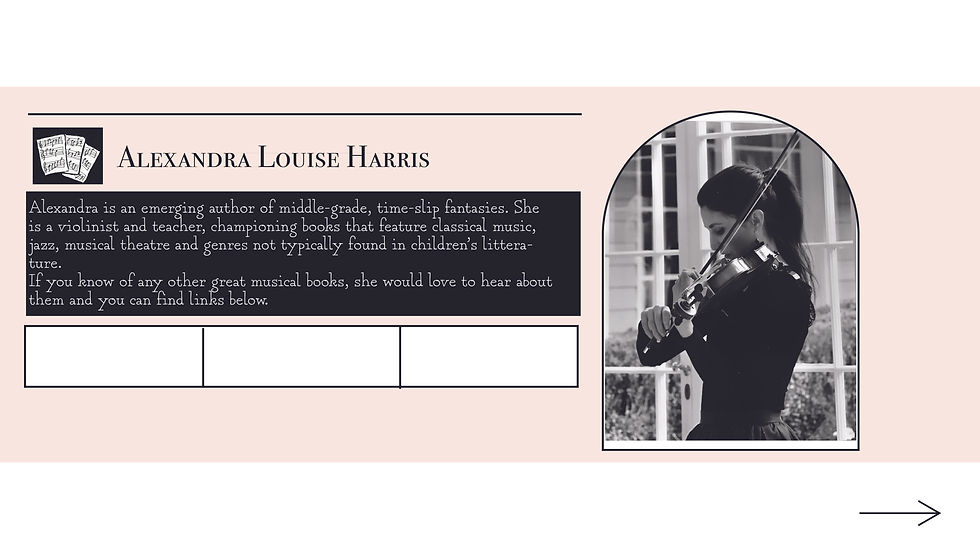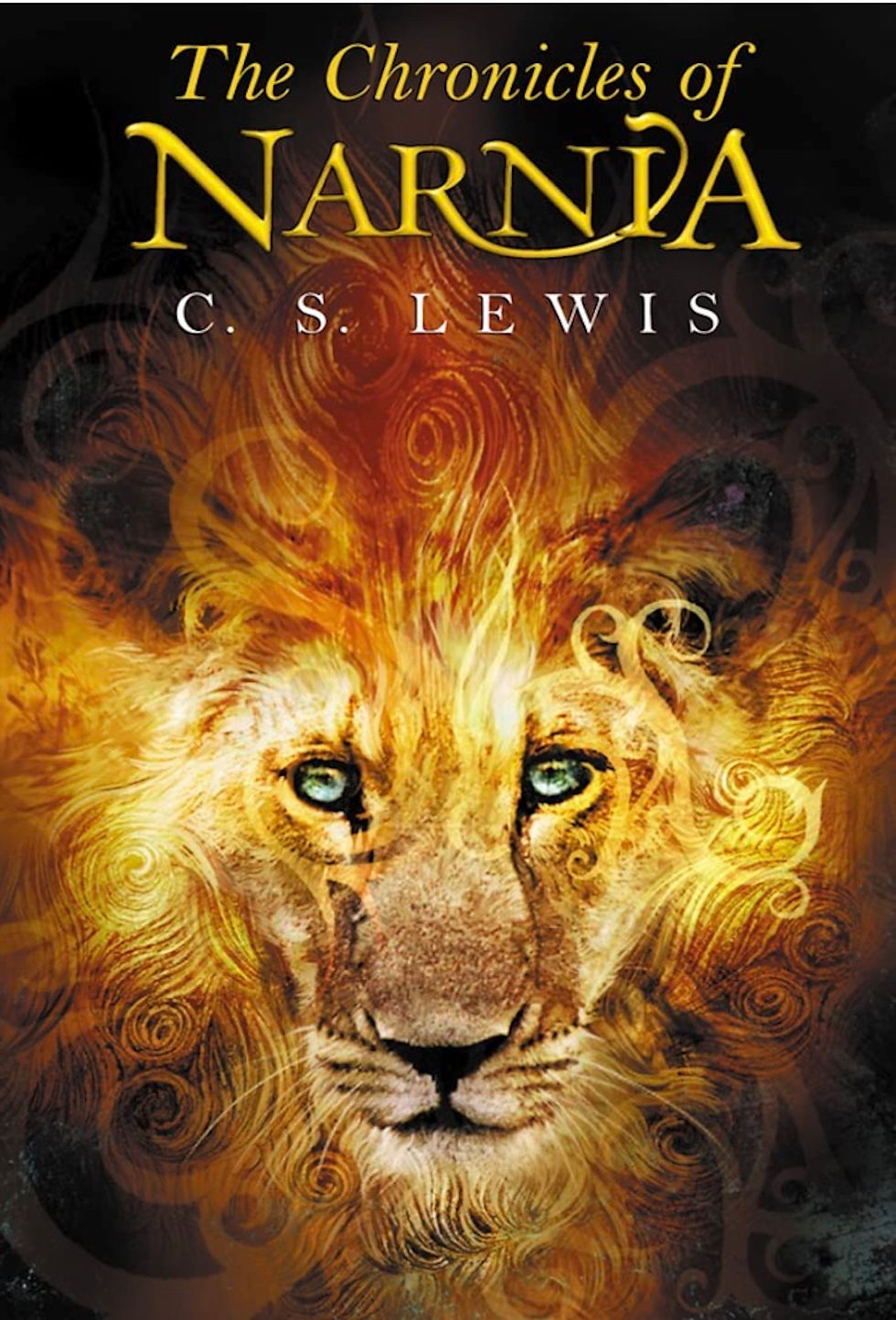Echo by Pam Muñoz Ryan
- Alexandra Louise Harris

- Jun 27, 2022
- 4 min read
Updated: Mar 3, 2024
Now, here is a book that I believe has everything. In fact, it is actually three amazing books in one. Not only is Pam Muñoz Ryan so clever she can write one incredibly moving, and perfectly musical story; she can write three. I know. It's not fair really.

Ferdinand and I listened to the audio book, which we highly recommend—it's the best way to experience the story as a whole. After all, the music is half of it! (Every time I come across these remarkable books, it's even more obvious to me that Violetta and the Venetian Violin really needs to get her skates on and make one!)
Until then, Ferdinand and I will continue to marvel at others and attempt to share them as widely as we can. So... before we get into how fabulous this book is, a disclaimer seems necessary. Not only does this book have music, it tackles some huge issues—war, poverty... and death. Therefore, it's wise to proceed with caution, a couple of tissues. It may not be for every young reader.
Nevertheless, like many middle-grade books, it deals with real life with a touch of magic.
Echo by Pam Muñoz Ryan begins with a marvellous first paragraph. It's so magically mysterious and you will just want to read/listen to the whole book when you hear it. Are you ready? Here goes.
'Fifty years before the war to end all wars, a boy played hide-and-seek with his friends in a pear orchard bordered by a dark forest.'
Wow! Even more ominous was the fact that the woods were strictly forbidden. The same boy had, that very day, bought a book from a gypsy and The Thirteenth Harmonica of Otto Messenger. Deep in the woods, he began to read a story about kings, a fated child left for the animals—or as it turned out a witch—and a prophetic gift from the mid-wife;
'Your fate is not yet sealed. Even in the darkest night, a star will shine, a bell with chime, a path will be revealed.'
What a mystery! No wonder the boy wanted to read on!
All kinds of things happen to the boy throughout his life, however 'whenever he felt afraid, he secretly took the harmonica from its hiding spot, played a song, and escaped into its reverie, feeling the familiar sense of happiness and comfort, that peculiar and euphoric well-being.'
When Ferdinand and I read this, we thought, that's exactly what music should be. An escape from reality, a place where imagination exists and life problems don't. Iff you are hooked already, good news! That's just the prologue—the boy in the woods is the messenger!
In fact, it reminded me a little of Scheherazade. For anyone familiar with Rimsky-Korsakov's beautiful music, they will undoubtedly have fallen in love with the hauntingly beautiful melody of 'Sinbad the Sailor', but the story itself inspired many composers—Ravel, Berlioz and more. Scheherazade is the narrator of a collection of unfinished stories, told in order to save her life. She survives 1001 Arabian Nights, and because her captor—and dreadful husband—is so intrigued, her life is spared.
Therefore... in a similar way, this book introduces a harmonica to be delivered where it is needed. In the first story, Brahms's lullaby weaves its way through the life of a child, living in Nazi Germany and ends with Tchaikovsky's 'Sleeping Beauty Waltz'. In the second, an orphan in Pennsylvania survives by finding solace in the piano, and is given a harmonica to play 'Oh America the Beautiful'. In the third, a Mexican girl relocates to Orange County after her brother joins the army, and receives the harmonica from her teacher. The kind woman tells her; 'you have a gift, a real talent for music.'
All of these children are coping with enormous things. Each of them, when they play, 'allow a slither of happiness' to enter their heart. Music allows them to escape—it plants a seed which grows and they learn that 'sometimes an instrument does that to a person' and can fill the world with possibility.
'Echo' made me think, not only as a writer, but as a musician and a teacher of children. We can all relate to music programs struggling to survive and during war—when this book is set—there are naturally many more demands upon resources. However, the teachers in this story are still striving to support children through such difficult times.
In the third story, Mr Daniels says;
'I think the opportunity to make music is a gift everyone should receive at least once in their lifetime—whether they unwrap it all the way or not. For many of you, this might be your only musical experience. If that is the case, I want to make it magnificent. Besides, everyone needs the beauty and light of music, especially in the worst of times.'
So inspiring... and I also believe it's true. If you wish to be moved, inspired, and amazed by the incredible stories middle-grade authors are telling, this is certainly the book for you.
#middlegradebooks #middlegradereads #musicalbooksforchildren #classicalmusicbooksforchildren #pammunozryan #echomiddlegradebook #bookreview #middlegradebookreview #audiobookswithclassicalmusic #audiobookswithmusic





Comments